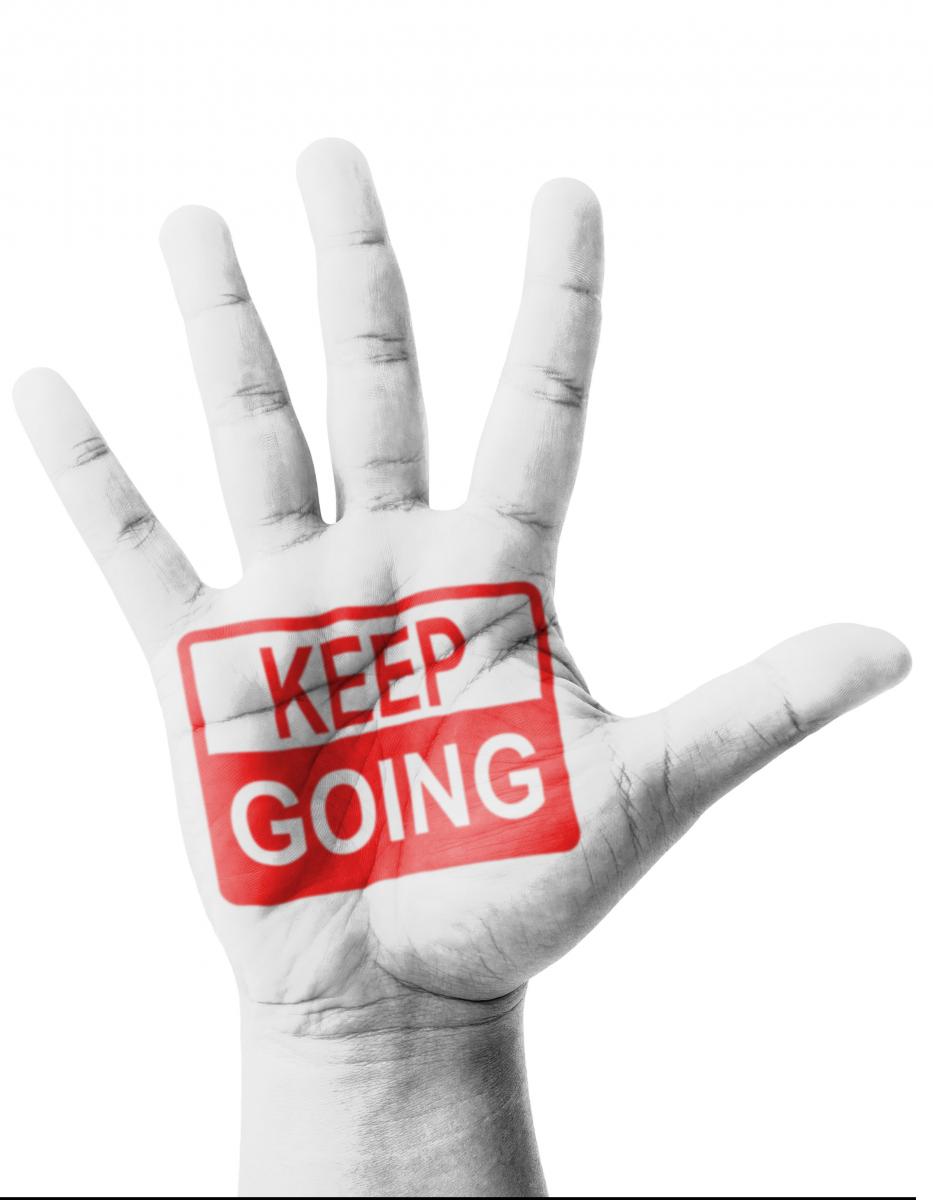Learning from Setbacks As a Young Professional
As a young professional, you might kick yourself when you make a mistake or wonder whether you have what it takes to succeed in your career.
Perseverance is about learning from failure and continuing to move forward.
My journey to becoming an engineer doesn’t look like the “typical path.” But everyone faces challenges along the way. I hope sharing the lessons I’ve learned can affect someone else in a positive way.
Finding a Way
At age 5, I moved with my grandparents from Armenia, Colombia, to Fort Worth, Texas, where my grandmother had family. My grandmother had the main responsibility for supporting us because my grandfather couldn’t work. He passed away when I was 9, and my mother moved from Japan to the States to live with us.
Because my mother and grandmother worked long hours, I spent a lot of time alone and sought attention by acting out. What started as inappropriate jokes in elementary school grew in extremity as I got older, culminating in me dropping out of high school at 14.
After drifting for a while, working horrible jobs and seeing what became of friends going down similar aimless paths, I realized I needed to make a change. I had no real plan, but I had gotten to visit a university environment and knew I would need some sort of education. With constant support from my mother and grandmother, I obtained my GED then enrolled in Tarrant County College in Fort Worth. Eventually, I found my way to The University of Texas at Austin and graduated with a Bachelor of Civil Engineering degree.
Here are some key takeaways from that journey:
Take Responsibility for Change
I can’t pinpoint what caused me to change the direction of my life. I just know that I was in a situation where I was unhappy, and I knew the only person who could initiate the change I needed was me.
It’s easy to fall into the trap of blaming external variables for our problems or struggles, but in my experience, desirable change requires personal responsibility, dedication and effort.
Face the Fear of Uncertainty
 Walking into Tarrant County College for the first time to register for classes was terrifying. At 19, I hadn’t been in an academic setting in five years. My heart was pounding out of my chest as I asked myself, “What are you even doing here?” After calming down, I promised myself to just try my best, regardless of whether I got an A or an F.
Walking into Tarrant County College for the first time to register for classes was terrifying. At 19, I hadn’t been in an academic setting in five years. My heart was pounding out of my chest as I asked myself, “What are you even doing here?” After calming down, I promised myself to just try my best, regardless of whether I got an A or an F.
Fear of uncertainty can accompany any big change in life, but if it’s a change worth making, you must be willing face that fear.
Build a Support Network
Surround yourself with people who want the best for you. I wouldn’t be here if it hadn’t been for the people around me: my grandmother, mother, cousins, partners, close friends, professors and many others.
The people who care for you will pick you up when you fail — and you will. They will help make the bad times better, and the good times the best. Appreciate them and let them know what they mean to you.
Be Honest About Yourself
Telling your story honestly can be difficult. After graduating, I initially was scared to tell people my background. I feared their reactions or questions and worried I would be judged harshly.
But good people respond well to honesty, and sharing how you’ve overcome challenging situations can be a strength and help you stand out.
The Next Chapter
In August, I plan to start work on a Master of Civil Engineering degree with an emphasis in geotechnical engineering at the University of Texas at Arlington. I expect to receive assistance through Freese and Nichols’ tuition reimbursement program and will be working while studying part-time.
Sebastian Farkas, an engineer in Central Texas/North Texas Water Resource Design, joined Freese and Nichols in 2017.

